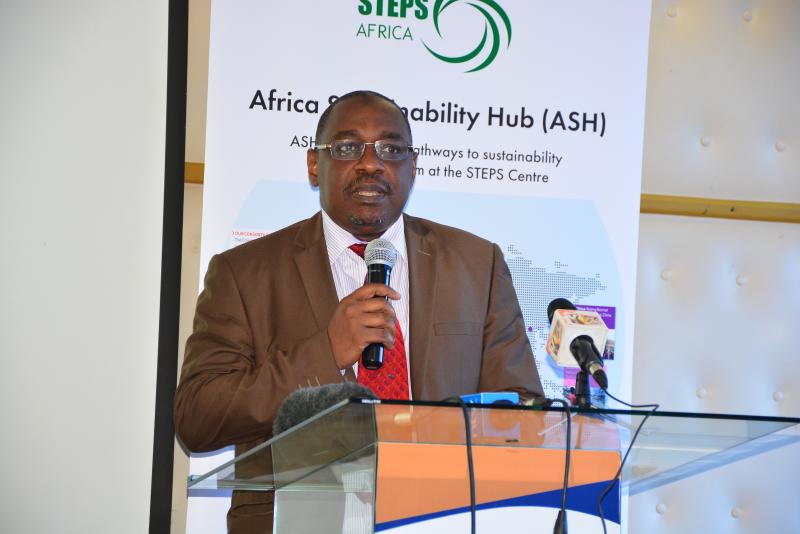×
The Standard e-Paper
Fearless, Trusted News

Research holds the key to unlocking the country’s potential, scholars say, amid renewed calls to have training institutions embrace innovation. This it was noted that would boost skills development.
International development experts, at a conference in Nairobi last week, want research in local universities sustained, and used to ensure policies are aligned with the country’s needs and socio-economic realities.